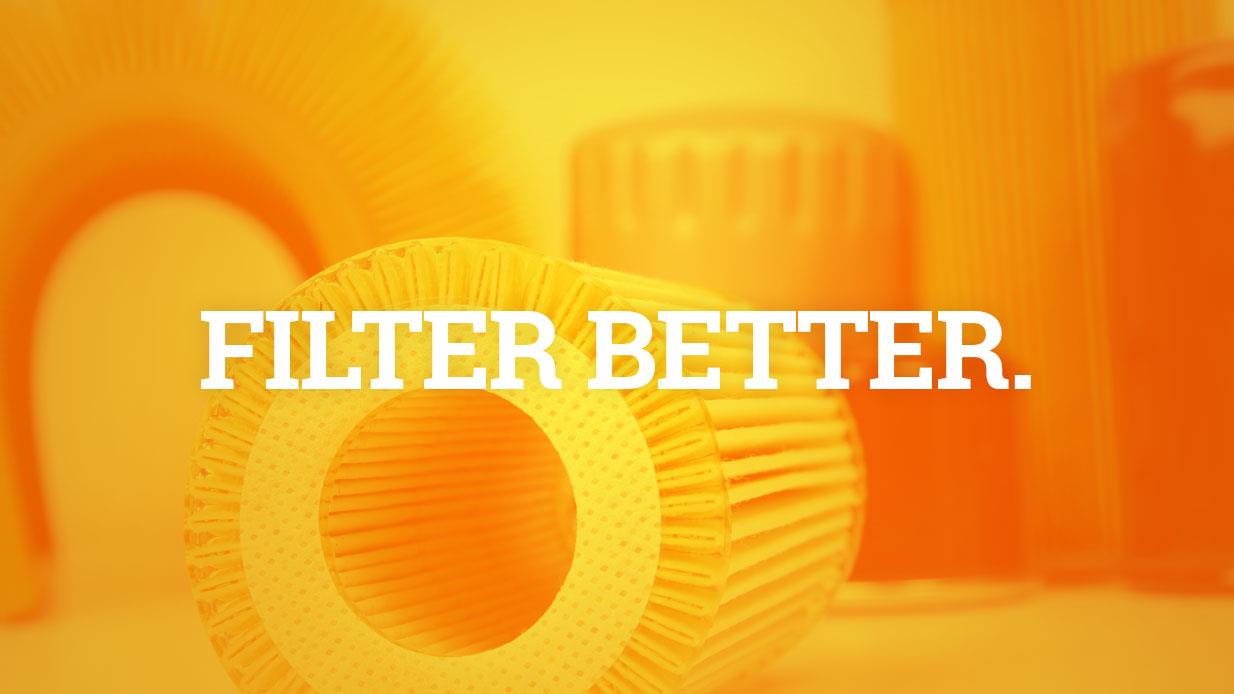
"Over the years, our plant has seen both open-loop and closed-loop hydraulic pump failures. Do you have any recommendations or suggestions as to how our hydraulic system should be equipped to filter oil? Some experts vehemently disagree with equipping a closed-loop system with in-the-loop filtration. Do you agree?"
Closed-loop systems are quite different than most hydraulic units with open-loop conditions. Whenever you plan to modify the system's configuration, always discuss it with the equipment manufacturer or dealer for recommendations.
Fluid contamination is the No. 1 cause of hydraulic system failures, so the cleaner you can keep the unit, the better chance you will have of uninterrupted machine operation. Equipment manufacturers typically set a recommended cleanliness target, but you can go beyond this level and set a higher goal to extend the machine's expected lifespan.
Generally, filters can be installed in three locations: in the pressure line, in the return line to the reservoir where there is low pressure, or in an offline system.
If the system's cleanliness level is not what is expected or desired for the current conditions, there are some actions you can take to keep dirt away from the system in terms of the filtration design and the filter's specifications.
For instance, you must control the contaminant ingression rate. An effective contamination control strategy begins with eliminating the root causes of contamination. This would include filtering new oil before it is put into the system. Remember, only add clean oil to your system.
It is also important to create a barrier for external contaminants based on what the system configuration and pressure allow. This involves using high-efficiency breathers, quick connects, sight glasses to check the oil level, rod boots for linear actuators, etc.
Consider replacing your system's current filters with others that offer a better capture efficiency or beta ratio. You may also wish to install a filter in place of the oil loop where there is no filtration. This option should be taken with caution, as there is a risk that higher quality filtration may produce a higher oil pressure drop and/or reduced flow rate, which may not be suitable for proper system operation. This likely is the reason you have not heard favorable opinions about filtration in the closed-loop configuration. The same concern may exist if filtration is improved in the pressurized line or in a low-pressure return line.
Installing a permanent offline filtration system can be a good alternative, since it does not interfere with the system's operation, particularly if it is a fixed unit. For mobile units, system modifications may require more engineering work for correct installation. Another option may be to periodically utilize a filtration unit in the system to remove undesired contaminants.








